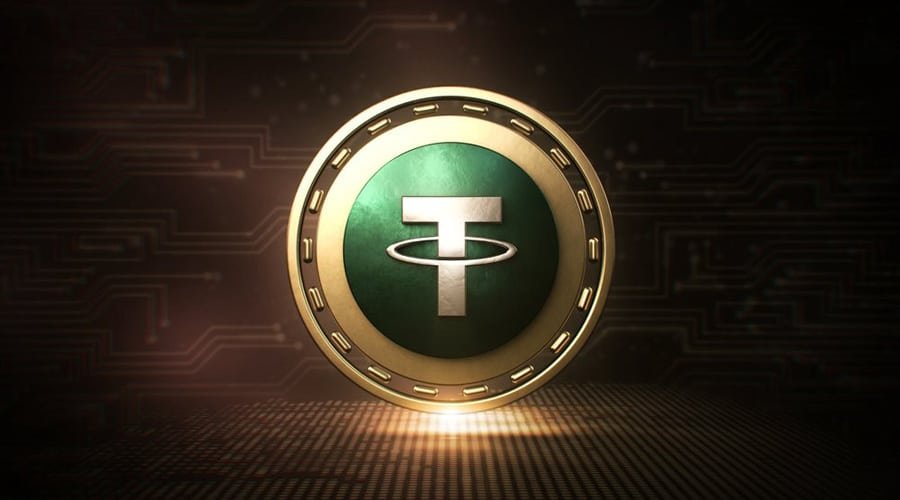
As crypto adoption rates increase globally, country authorities are having to reassess regulations and put in place crypto regulations to ensure the control of the crypto industry and limit financial risks on consumers.
Recently we’ve seen countries like the UK and the US clamp down on crypto regulations following an increase in global crypto adoption and the integration of crypto into many other sectors. Australian Treasurer, Jim Chalmers has said that his government intends to improve the way Australia’s system manages crypto assets and provide greater protection for consumers.
Three months after being elected into power, the Australian Labour Party (ALP) has finally broken its silence on how it’s planning to approach crypto regulation. Chalmers has announced a “token mapping” project, one of 12 recommendations in a senate inquiry report in 2021 on “Australia as a Technology and Financial Center”. The report has been well-received by the industry which has been anxiously waiting to see if the ALP government would embrace it. With hopes of conducting this project before the end of 2022, the token mapping exercise is expected to help “identify how crypto assets and related services should be regulated” as well as inform future regulatory decisions. It is understood that Treasury will also commence work on some of the other recommendations in the imminent future, including a licensing framework for crypto asset service providers involved in non-financial product crypto assets, appropriate requirements to protect the consumer crypto asset custody, and a review of the decentralised autonomous organisation (DOA) company-style structure.
In a statement from Treasurer Jim Chalmers, along with Assistant Treasurer and Minister for Financial Services, Stephen Jones and Assistant Minister for Competition, Charities and Treasury, Andrew Leigh, the government led by Prime Minister Anthony Albanese has expressed that it intends to it to reign in on a “largely unregulated” crypto sector. The abovementioned persons have stated that “as it stands, the crypto sector is largely unregulated, and we need to do some work to get the balance right so we can embrace new and innovative technologies”. The statement also noted over one million taxpayers have interacted with the crypto ecosystem since 2018 but despite this, “regulation is struggling to keep pace and adapt with the crypto asset sector”. It is reported that the politicians have claimed that the preceding Liberal-led government had previously “dabbled” in crypto asset regulation via crypto secondary service providers “without first understanding what was being regulated”.
Michael Bacina, partner at law firm giant, Piper Alderman has expressed that the token mapping exercise will be an “important step” in bridging the significant education gap between regulators and policymakers. He explains that “Australia punches above its weight in blockchain right now, but we have seen regulatory uncertainty lead to businesses leaving Australia”. Bacina adds that “a sensible token mapping exercise which helps regulators and policymakers understand in depth the activities they are looking to regulate and how the technology interfaces with those activities should help regulation be fit for purpose and both support innovation and jobs in Australia while protecting consumers”. The CEO of, automated cryptocurrency tool, Bitcoin Smarter has said that this decision mirrors pleas from many in the industry for “proportional, appropriate regulation” of the crypto sector. He mentioned that “the additional benefits of token mapping are many. It will provide greater clarity to crypto investors; aid companies in developing their own blockchain-based innovations; provide guidance to digital currency exchanges; as well as assist regulators in shaping an appropriate regulatory regime”.
On the flip side, Aaron Lane, a senior lecturer at the RMIT Blockchain Innovation Hub, believes the token mapping project is something of a delaying tactic by the Labour government. Lane expresses that “progress is progress — but it is disappointing that we are not further along the path to greater regulatory certainty for industry and greater protections for consumers” and adds that this exercise is simply a time-buying exercise to “allow them to get up to speed”.
With many countries following suit and clamping down on crypto regulations, the once unregulated crypto industry is slowly becoming more controlled with the intention of ensuring a safe trading space.










